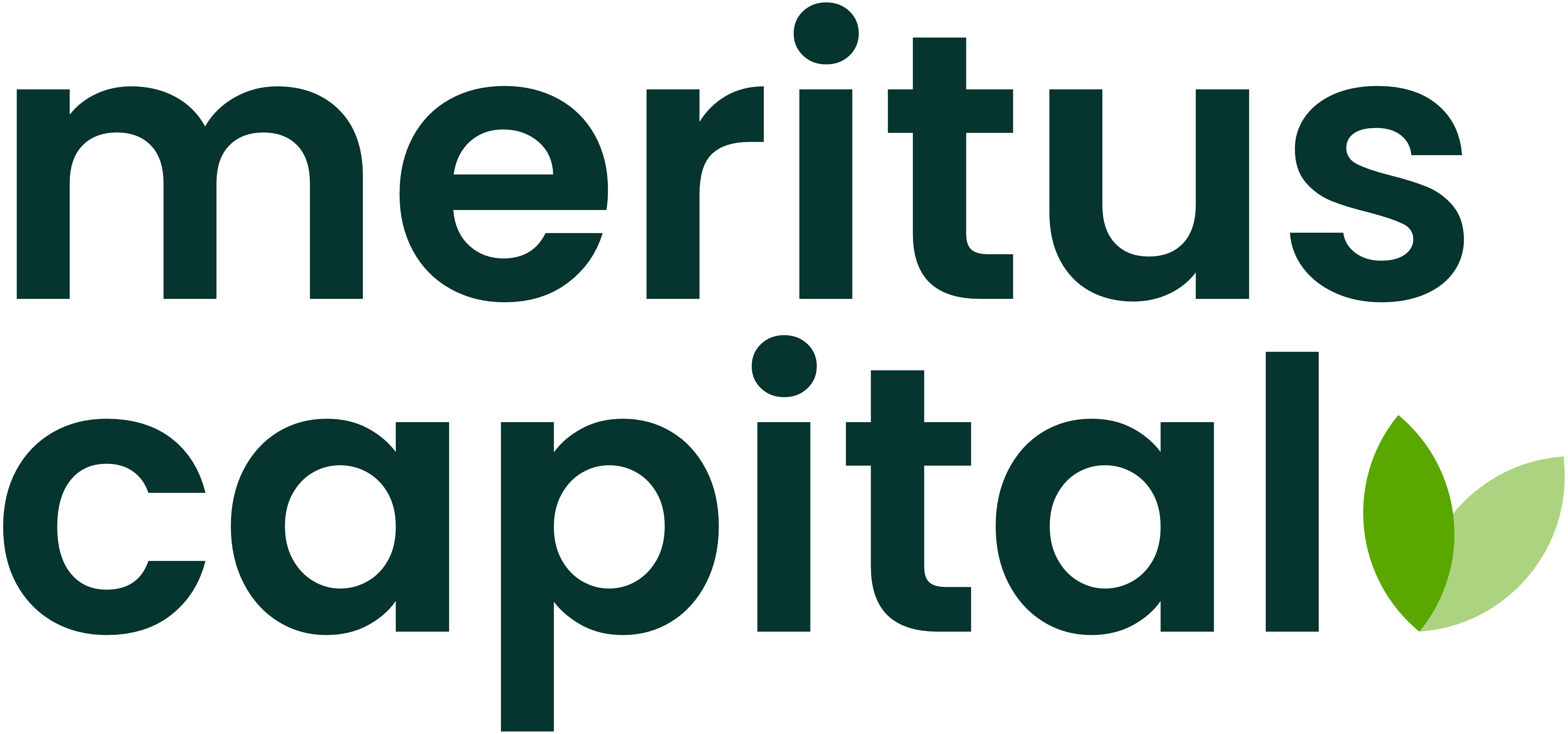What types of Financial Reports do Factors Provide To Their Clients

Since the factoring company takes on the responsibility of receiving and processing all invoice payments, many clients want to know how they will be kept in the loop on payments that are collected. So let's look at the types of financial reports that are provided, and how you can access the reports. Most factoring companies issue three types of reports to inform you of the payments that are being processed.
Purchases and Advances Report
The Purchases and Advances Report points out which invoices were purchased by the factor and details the advance rate and amount already advanced to the client. For example, if you had a $50,000 invoice with an 80 percent advance rate, the report would show the $40,000 advanced on the $50,000 at a rate of 80 percent. You can normally access this report daily via the Internet.
Collections Report
The Collections Report records the payments made by your customers. Generally, a collection report comes in two formats; Format A and Format D. Format A details all payments collected for all your invoices, even the ones that were not factored, and catalogs which payments go with the factored invoices and which go with the non-factored invoices. This report lists the invoice number, the invoice amount, the payment amount, and the date of the payment for each invoice. The other report, Format D deals with the reserve fund and discount rate. It details the amount paid out of the reserve fund for the specified invoice and any applicable discount fee.
Reserve Report
The Reserve Report breaks down the changes in the reserve fund for each invoice as it is paid. For example, if you had a $10,000 invoice with a 90 percent advance, 10 percent or $1,000 would be left in the reserve fund. Once the invoice is paid, you would receive the remaining $1,000 less the discount fee. Assuming there is a 1 percent discount fee, you would receive $800 ($1000 reserve less the $200 discount).
Borrower Reports
Many factoring companies also require you, the client, to provide financial reports on a monthly basis. These include accounts receivable and accounts payable aging reports that are normally due within 30 days of the end of the month.
Unpaid Invoices
If you're working with a recourse factor you may have to buy back the unpaid invoices at the end of the arrangement. Some factors will still charge you a fee for the invoices you repurchase, while others will allow you to swap another invoice for any unpaid invoices.
More questions? We're here to help.
Send us a note and our team will reach out to you or simply call us at 877-648-3709
